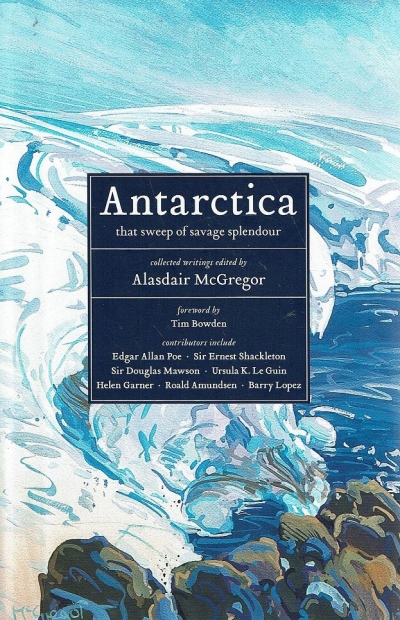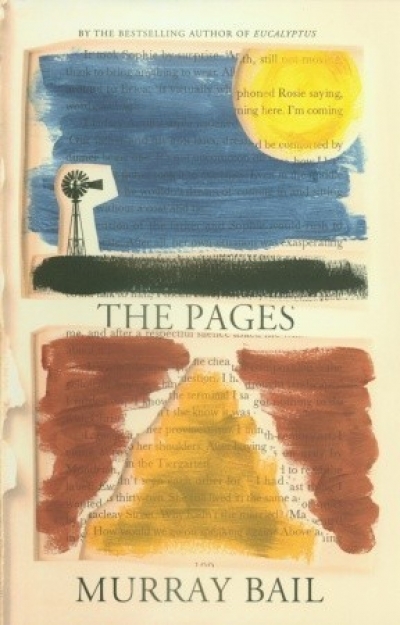James Bradley
Books of the Year is always one our most popular features. Find out what our 41 contributors liked most this year – and why.
... (read more)Antarctica: That Sweep of Savage Splendour edited by Alasdair McGregor
by James Bradley •
Birdscapes: Birds in our imagination and experience by Jeremy Mynott
by James Bradley •
Freefall
must be like this,
To celebrate the best books of 2005 Australian Book Review invited contributors to nominate their favourite titles. Contributors include Morag Fraser, Peter Porter, Kerryn Goldsworthy, Nicholas Jose and Chris Wallace-Crabbe.
... (read more)





